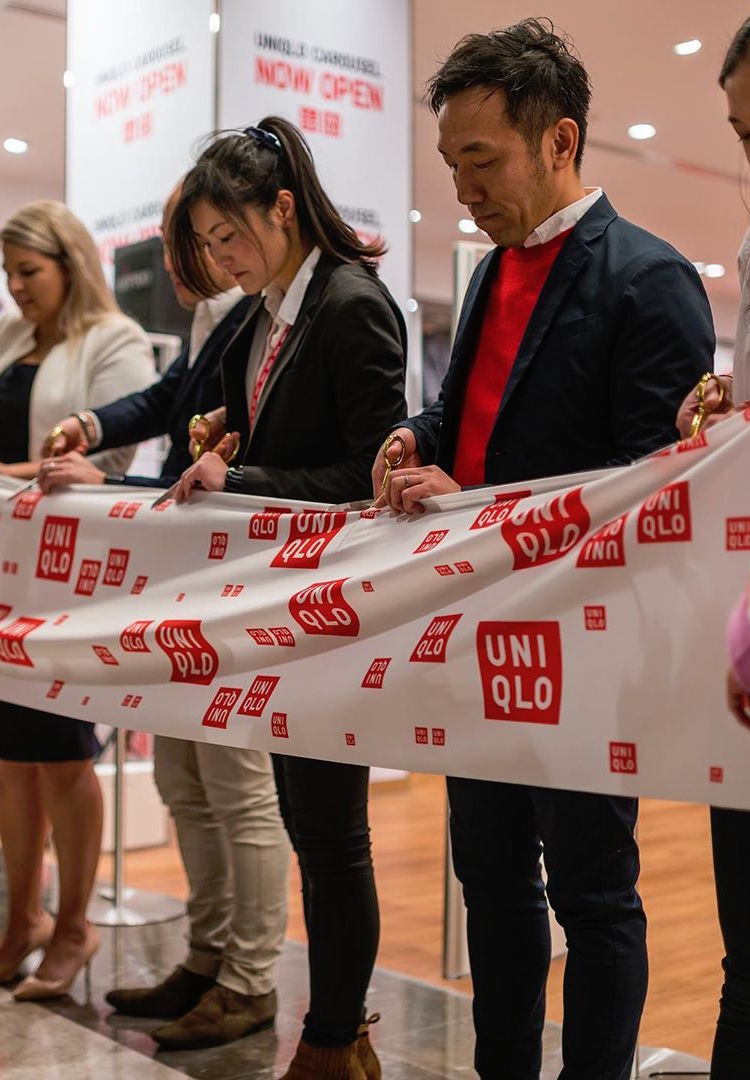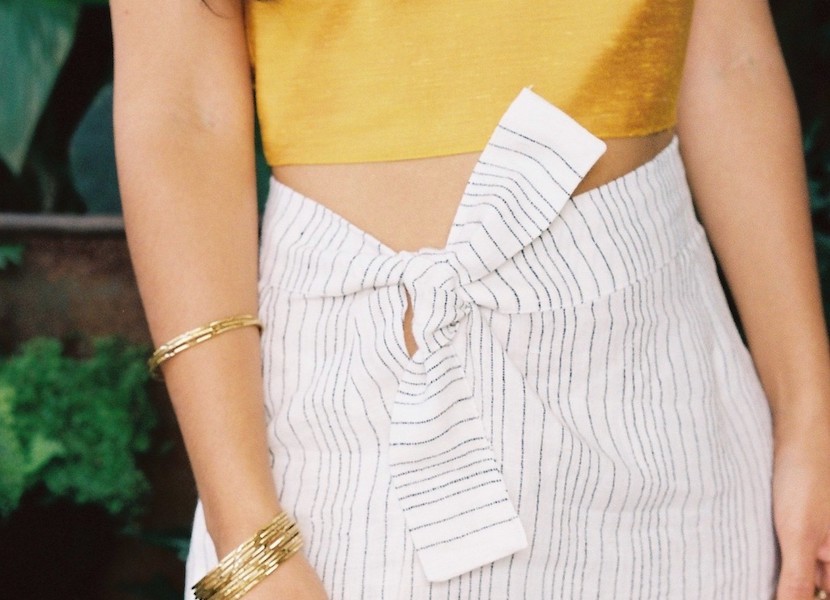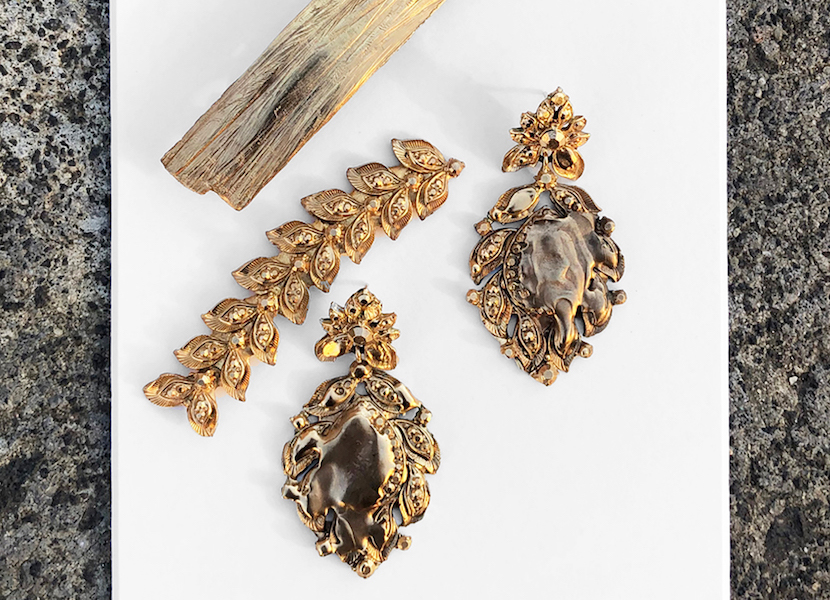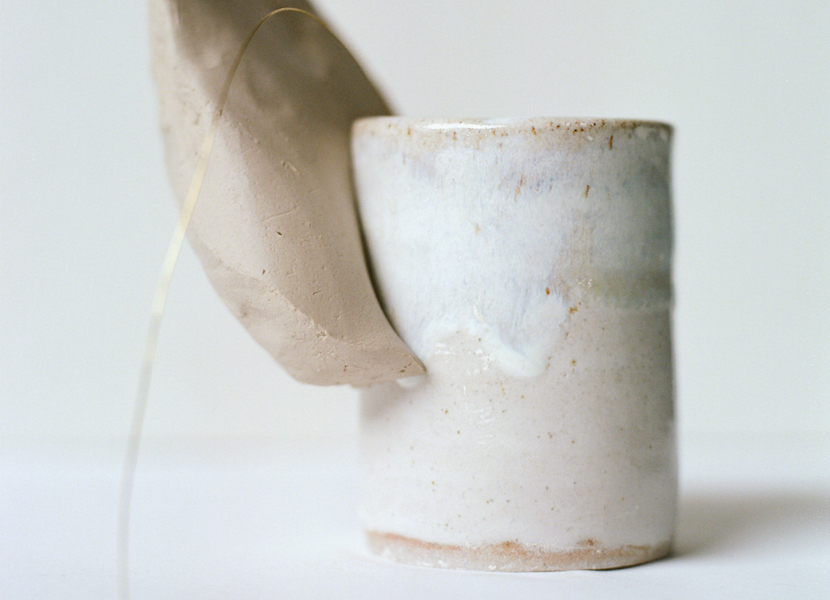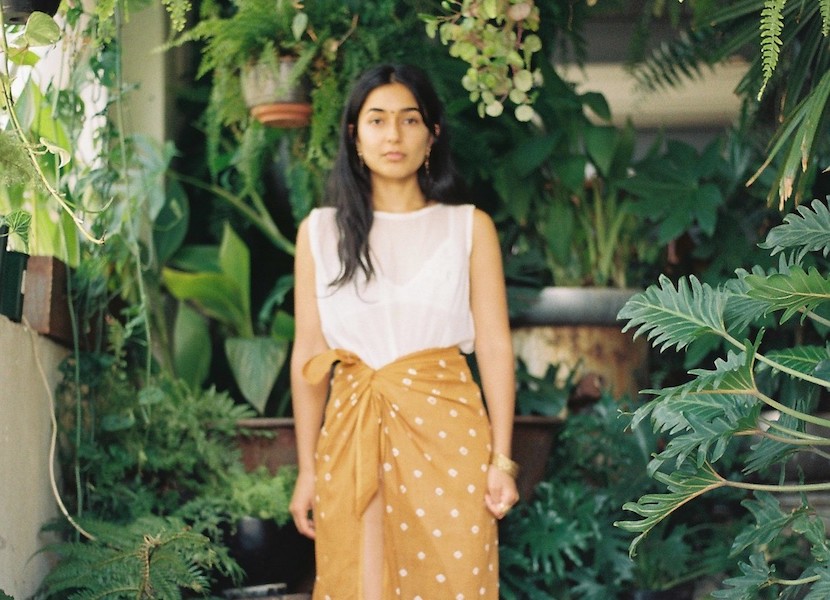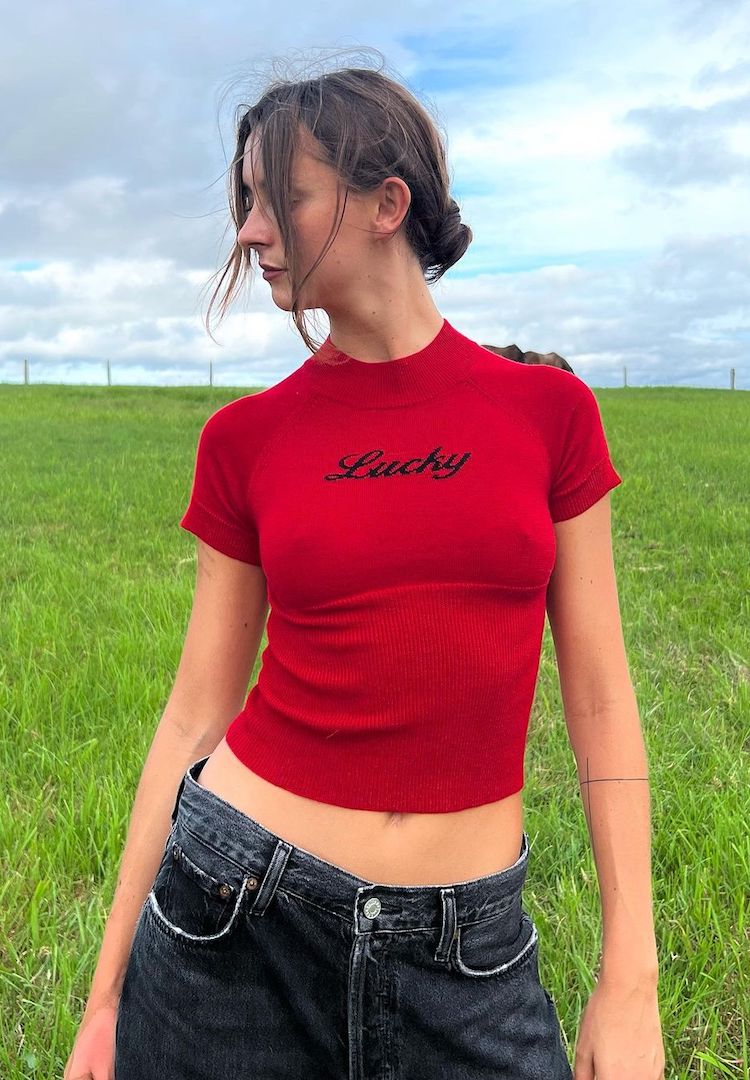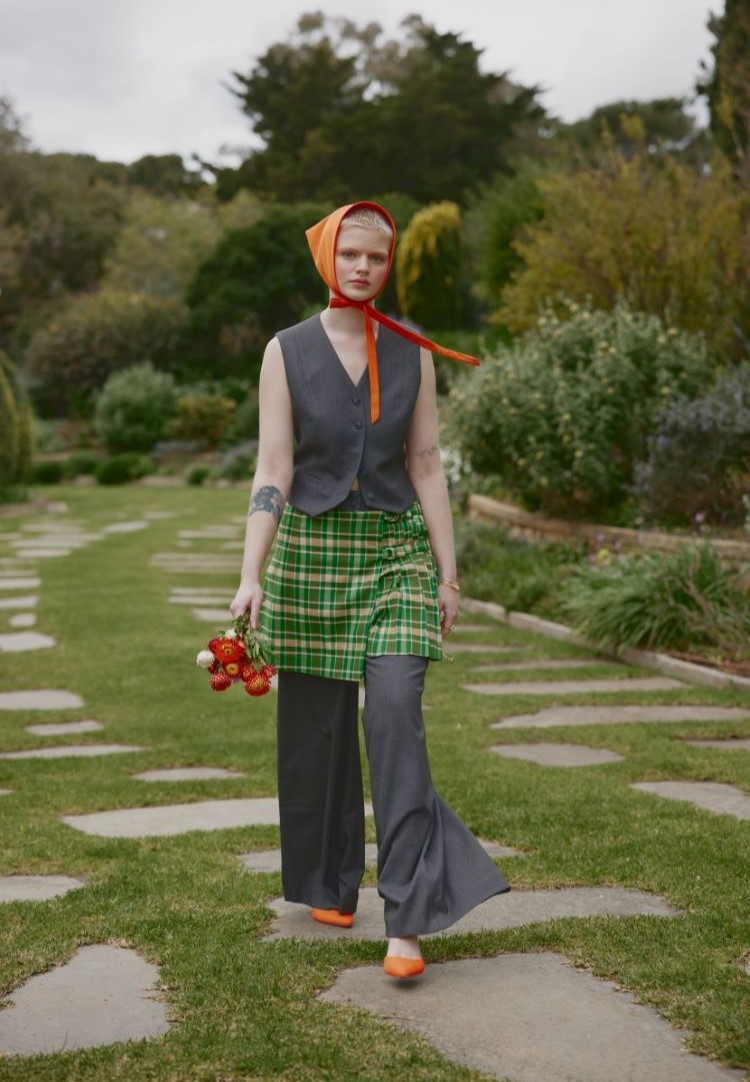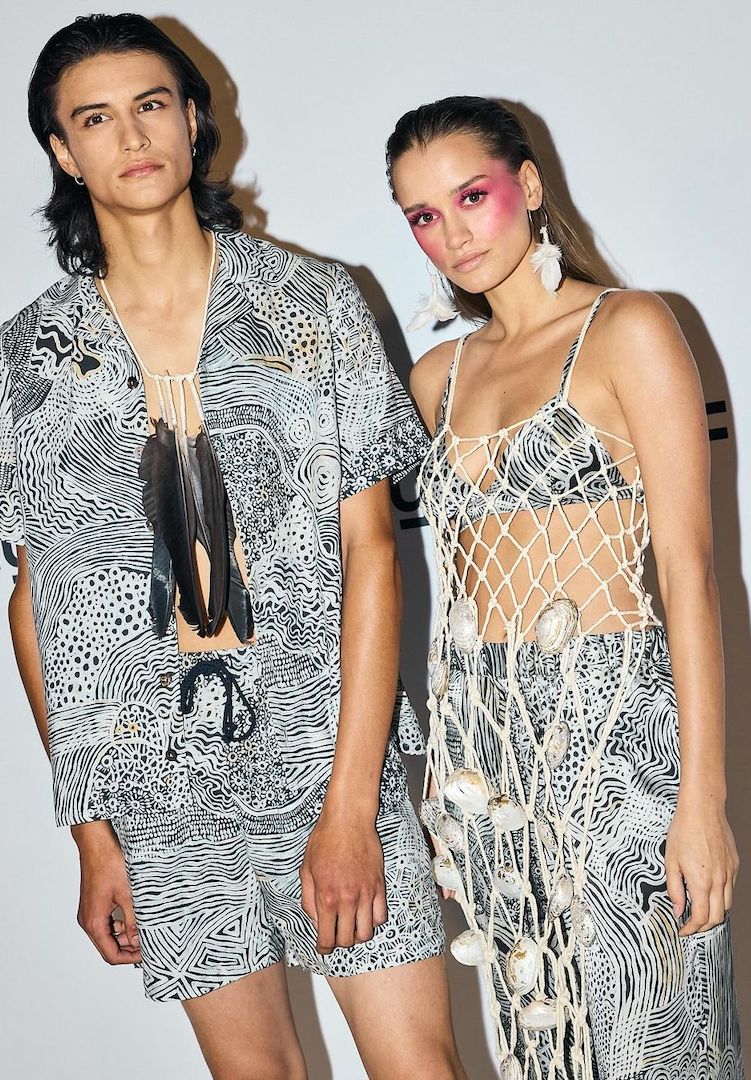Brunswick label SUMU explores its designer’s British-Indian heritage
Words by Tess Macallan
Fashion is political.
After working as a buyer at COS for almost two years, Melbourne-based designer Sonia Gill has branched out on her own with a design project titled SUMU.
SUMU features an array of art, clothing and jewellery designed in Sonia’s Brunswick studio.
Her designs reflect the duality of her influences, as she is of British and Indian heritage. While she was growing up in London Sonia was always drawn to a European approach to art and design that centred on a minimalist aesthetic. While working as a buyer in the UK, she gained further insight into a restrained style of design. The focus was always on simplicity and paring down.
“We would always look at clothing and ask ourselves; does it need to have this stitch mark here? Does it need to have a seam there? Should we pare down the colour?” she says.
SUMU garments include subtle linen pieces, silk tops, and careful use of colour and print.
However, minimalism isn’t quite enough for Sonia. Drawing on her Indian heritage, she uses vibrant colour, print and draping, then pares it back, creating something that wouldn’t be out of place in either of her worlds. Raised in an Indian and British household, she was constantly surrounded by Indian colours, smells, and clothing. This has now inspired her approach to her own label, as she looks at how she can tone down traditional Indian designs and colours.
Her label includes pieces you’d find in a traditional Indian wardrobe and subtly incorporates traditional Indian motifs into the designs. For instance, she sells pieces such as the Kurta top, which is a traditional staple in the Indian wardrobe. The embroidered flower motif across the Kurta is the same as the one found “adorning the temple at Amer fort in Rajasthan”.
The thoughtful descriptions assigned to her designs are part of Sonia’s goal to educate people about the clothing of her Indian culture.
“I want this brand to be a point of education by showcasing good Indian skill and craft, and certain designs that in mainstream media would be classed as an ethnic print”, she says.
Along with education, another key element of SUMU’s ethos is sustainability. Sonia’s recent trip to India left her shocked at the amount of waste the country was producing.
“I noticed so many wrappers of food and so much plastic,” she says. “Growing up I would never see that.”
She realised that more wasteful consumption habits such as fast food and fast fashion had taken over the country, replacing the focus on home cooking and homemade clothes that she felt was so intrinsic to Indian communities.
Working as a buyer also gave her an insight into the amount of unnecessary waste the fashion industry produces, even just to package stock for transportation.
She is striving to be more environmentally conscious when considering branding and packaging options by using minimal, sustainable materials to wrap her orders. Instead of sitting on piles of stock, Sonia starts putting orders together once she receives it from a customer. This practice is both environmentally ethical and financially sustainable for small independent labels. SUMU pieces are created using natural fabrics such as raw silk, cashmere, and cotton, avoiding the use of unsustainable synthetic materials.

